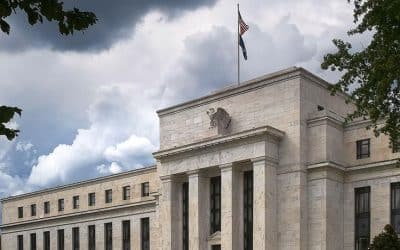Will Black Friday impact the stock market?

Redacción Mapfre
Inflation is set to take center stage this Black Friday and during the whole holiday season. The decline in purchasing power has forced a moderation of consumption. Analysts are predicting falls in sales compared to last year, although the latest Purchasing Managers Index (PMI) data in the euro area seem to indicate greater optimism than a few months ago. At market level, except for the debacle of the purchasing data, no major movements are expected. According to Ismael García Puente, investment manager and fund selector at MAPFRE Gestión Patrimonial, the retail sector is the one that could move the most on the stock market, in particular, giants like Amazon or Walmart. However, the dynamics of the market continue to be marked by the evolution of the consumer price index (CPI) and interest rates.
In terms of consumption, the latest retail sales data for the United States (+1.3%) and the Eurozone (+0.4%) exceeded market forecasts, so although a reduction in the level of purchases is expected, the fall should not be too drastic. According to Alberto Matellán, chief economist at MAPFRE Inversión, it’s still too early for investors to know how this situation will translate to earnings. In any case, analysts’ greatest fear isn’t so much the slowdown that may come, but the risk of a rebound.
According to García Puente, if sales exceed the levels of recent years it would show that the repeated rate hikes are not having the desired effect of curbing demand to dampen inflation. Consequently, it would prompt central banks to further tighten their monetary policy. So far, the panorama in this field remains unchanged. The Federal Reserve is expected to raise rates to 5% by the middle of next year and the ECB to almost 3%. In the case of the latter, the outlook is more uncertain because, as Matellán points out, inflation in Europe is more difficult to control and growth is being affected more.
The truth is that there are big differences between the sentiment surveys and the real macroeconomic data, so the sales data for this Black Friday will be a good indicator to better ascertain the strength of market demand. Family savings levels have dropped from the maximums seen in 2019 when the pandemic broke out. However, this could be heavily offset by credit: in the US for example, credit card issuing statistics are at record levels.
As far as Spain goes, numerous studies by observatories and companies suggest that between 48% and 65% of Spaniards plan to make purchases over the holiday season. These predictions factor in the difficult scenario we’re facing in terms of rising prices, wages lagging behind the CPI, an imminent recession and a shrinking savings cushion.



